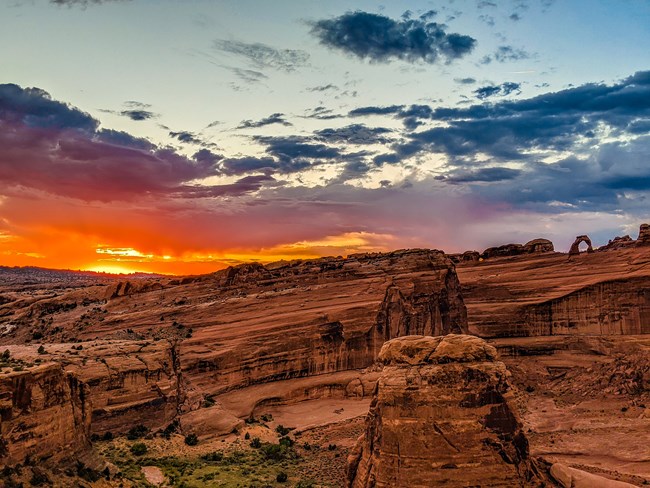
©️ Paul Stolen Arches National Park is a destination for over 1.5 million people a year. Numbers like that can have a huge impact on the landscape. No matter your experience in the outdoors, we all play a role in protecting and preserving public lands. The Seven Principles of Leave No Trace are helpful guidelines to minimize your impact here at Arches or anywhere you visit. 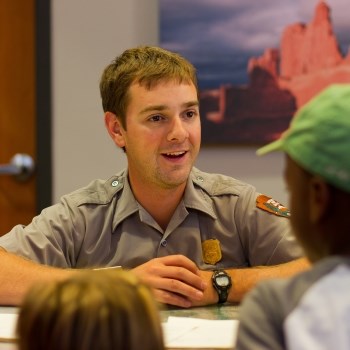
NPS/Andrew Kuhn 1. Plan Ahead and Prepare
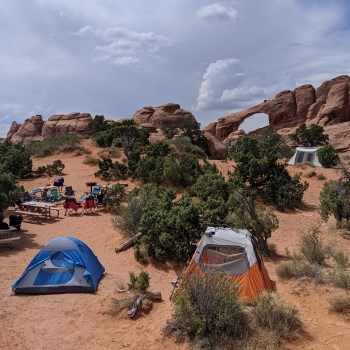
NPS/Paul Stolen 2. Travel and Camp on Durable Surfaces
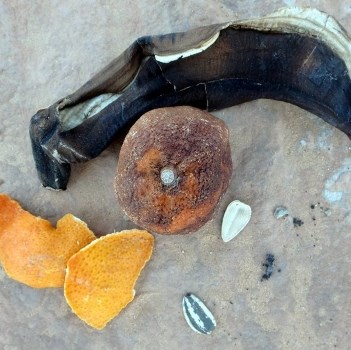
NPS 3. Dispose of Waste Properly

NPS/Neal Herbert 4. Leave What You Find
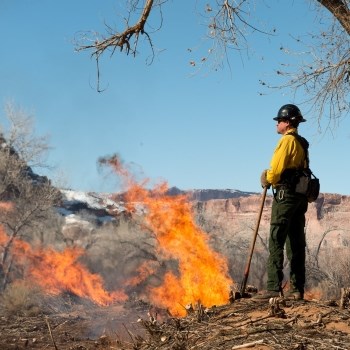
NPS 5. Minimize Campfire Impacts
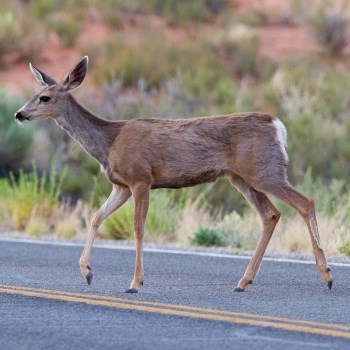
NPS/Andrew Kuhn 6. Respect Wildlife
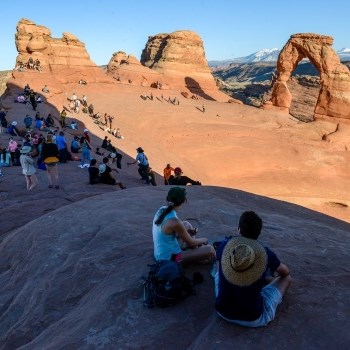
NPS/Veronica Verdin 7. Be Considerate of Other Visitors

Leave No Trace Center for Outdoor Ethics No matter where your travels take you, Leave No Trace is important everywhere. Whether you are visiting for a few hours or a few days, there are many ways that we can minimize our impact on the environment and respect the experiences of other visitors. We all play a vital role in protecting national parks and natural spaces. |
Last updated: July 29, 2021
